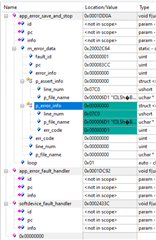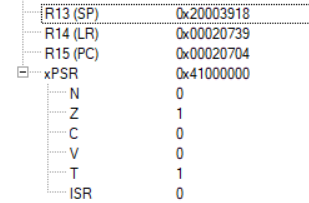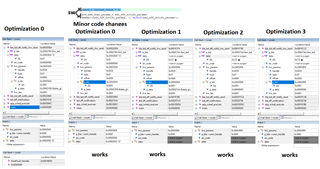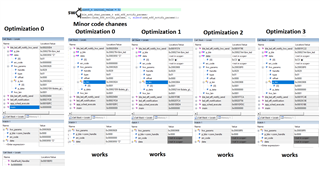Hi all
I am using S130 SDK12, nRF51822
This is the error I am getting - line_num 0x07C0, p_file_name 0x06D1, error code 0x00D1, fault id 0x0001, pc 0x83CC (a print-screen from the debugger is also below)
The error occurred repeatedly in the same scenario
I added a notification characteristic to an existing custom service, and when the central subscribe to the notification and it is being sent the error occurs.
The error occurs only when I compile with optimization (I optimized to level 3)
The notification was sent (using sd_ble_gatts_hvx) from a function invoked by at timer interrupt (timer_timeouts_check()), so I changed it to be sent from the event scheduler, and this apparently resolved the issue, partly, I still wish to
1. Understand what happened, to assure the problem or bug is not still hiding somewhere
2. Return to my original implementation simply because it saves me important flash memory.
Would appreciate any help
Thanks




